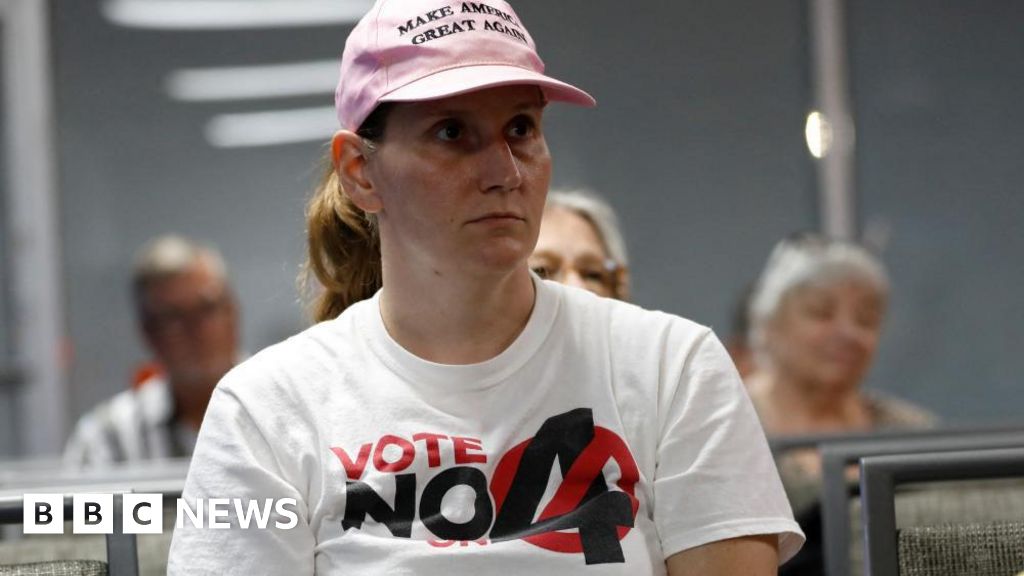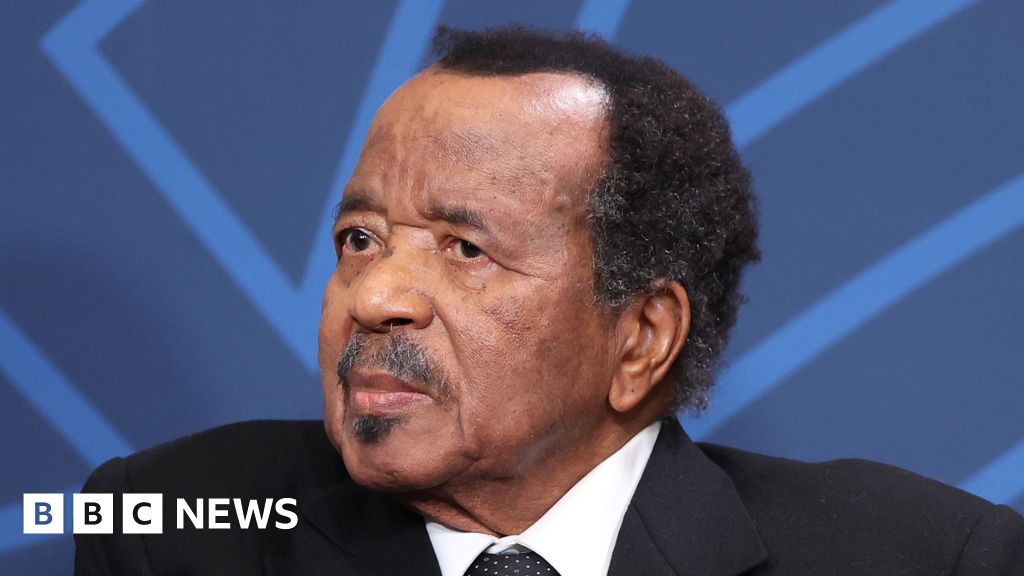Nine people have been killed and thousands have been seriously injured after pagers exploded in Lebanon, the country's health minister has said.
Firas Abiad said 200 of the 2,750 wounded were in a critical condition.
In a statement, Hezbollah said three people had died in the explosions, including two fighters and one girl.
Lebanese information minister Ziad Makary laid the blame directly on "Israeli aggression", while Hezbollah has promised to retaliate insisting Israel would receive "its fair punishment" for the blasts.
The Israeli military, which has been engaged in cross-border fighting with Hezbollah since the start of the Gaza war, has refused to respond to questions about the detonations.
A Hezbollah official, speaking on condition of anonymity, told Reuters news agency the detonation of the pagers was the "biggest security breach" the group has faced in nearly a year of war with Israel.


According to AP, a Hezbollah official said that at least 150 people, including members of the group, were wounded in different parts of Lebanon when the devices exploded.
Other reports have cited varying figures of how many are injured.
Iran's ambassador to Lebanon, Mojtaba Amani, was also said to have been injured by the explosion of a pager according to Iran's Mehr news agency.
How could the pagers explode?
There has been widespread speculation about what caused the pagers to explode. Experts broadly agree that the blasts do not look like a typical lithium battery fire.
Keren Elazari, a hacker and security researcher at Tel Aviv University, told Sky News: "There is no remote hacking capability that could generate that kind of kinetic explosion... some sort of a physical explosive component was probably part of the equation."


What is Hezbollah?
Hezbollah is one of the most heavily armed non-state groups in the world and forms part of the government in Lebanon, with dozens of MPs in parliament.
It is deemed a terrorist organisation by many, including some Western governments, and has played a significant role in the conflict between Israel and Hamas, exchanging fire with Israel since last October in parallel with the war.
A Hezbollah official told AP that the pagers which exploded had apparently been deployed after the group's leader ordered its members to stop using mobile phones, warning they could be tracked by Israeli intelligence.
Why are Hezbollah using pagers?
Many will ask why Hezbollah was using pagers in 2024.
The old-fashioned communication method was seemingly favoured by the group specifically for the fact it was not the latest technology.
Pagers were popular from the late 1980s to the 1990s and could display either a numeric or brief written message.
However, they were eventually replaced by affordable mobile phones.
Hezbollah leader Hassan Nasrallah previously warned the group's members not to carry mobile phones because Israel could use them to track their movements.
On the other hand, pagers, in theory, pose no such problem.
Sky News Middle East correspondent Alistair Bunkall adds: "Hezbollah has been very cautious with its communications, aware that mobile phone conversations can be easily hacked and traced – pagers would have considered a lo-fi alternative and harder to infiltrate."
Using older technologies has been a strategy of non-state groups to avoid electronic communication being intercepted by their more technologically advanced adversaries, J Andres Gannon, an assistant professor at Vanderbilt University specialising in military armament, says.
He continued: "My suspicion is that pagers are part of the same strategy - by virtue of being an older technology, they're harder to access because there are no satellites and radars in the same way as with more advanced forms of communication.
"What Israel has done here is send a very clear signal that they do have the ability to disrupt or access older forms of technology that are being used precisely to circumvent advanced cyber capabilities."
A Reuters journalist saw ambulances rushing through the southern suburbs of Lebanon's capital Beirut amid widespread panic.
They also reported that, at Mt Lebanon hospital, motorcycles raced to the emergency room carrying people with severely injured and bloodied hands.
Residents said explosions were taking place even 30 minutes after the initial blasts.


Large crowds were pictured outside hospitals as ambulances transported the injured.
Groups of people huddled at the entrance of buildings to check on the well-being of those they knew who may have been wounded, the Reuters journalist said.

Follow Sky News on WhatsApp
Keep up with all the latest news from the UK and around the world by following Sky News
The security source said devices were also exploding in the south of Lebanon.
Lebanon's health ministry called on hospitals to be on alert to take in emergency patients and for people who own pagers to get away from them.
It also asked health workers to avoid using wireless devices.
AP said their photographers had seen hospital emergency rooms overloaded with patients, many with limb injuries and some in serious conditions.
US denies involvement
US State Department spokesperson Matthew Miller said the United States was not involved in the incidents and did not know who was responsible.
Speaking about the wider conflict in the region, he added: "We are always concerned about any type of event that may cause further escalation."

 1 month ago
9
1 month ago
9










 English (US) ·
English (US) ·